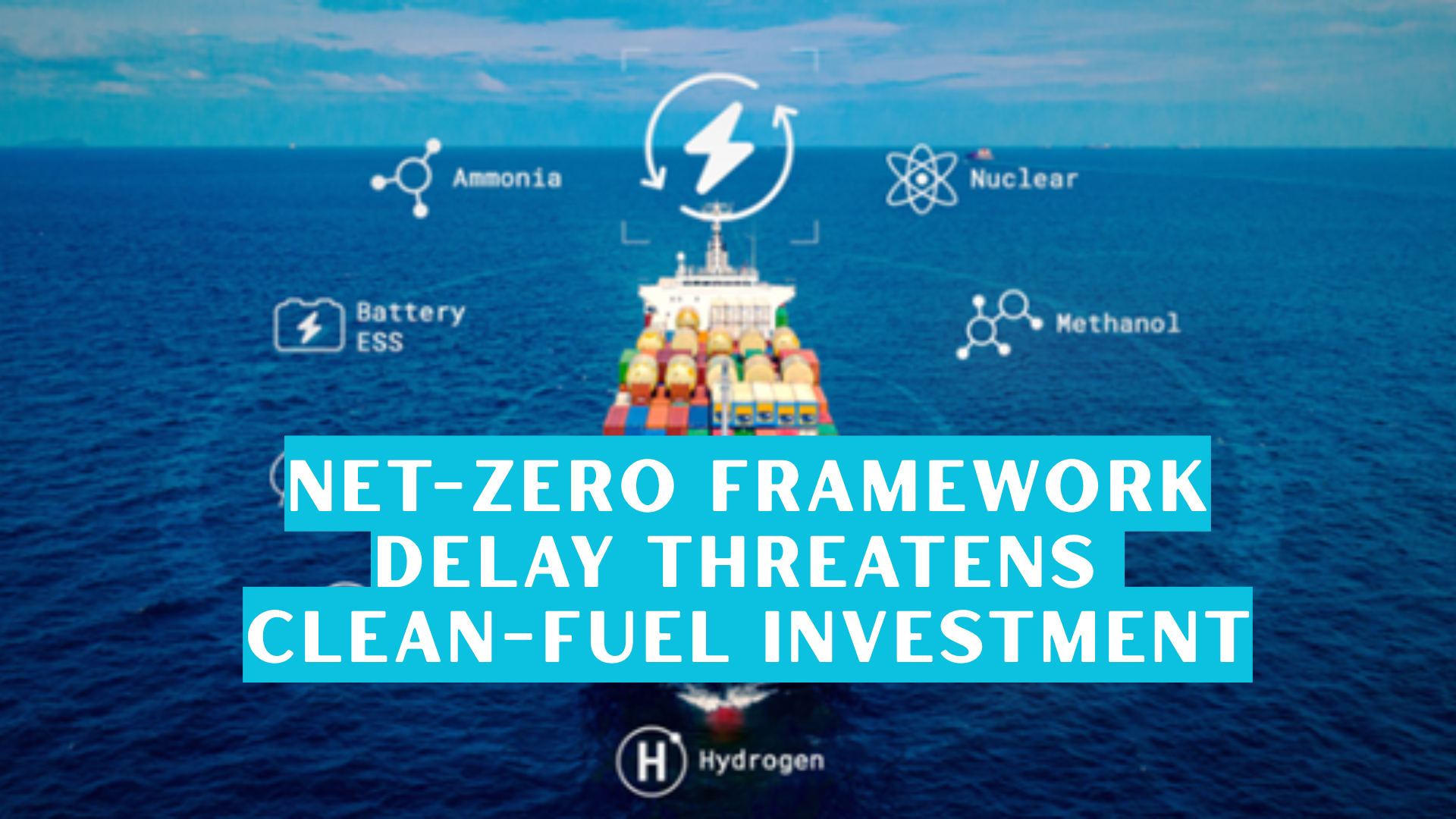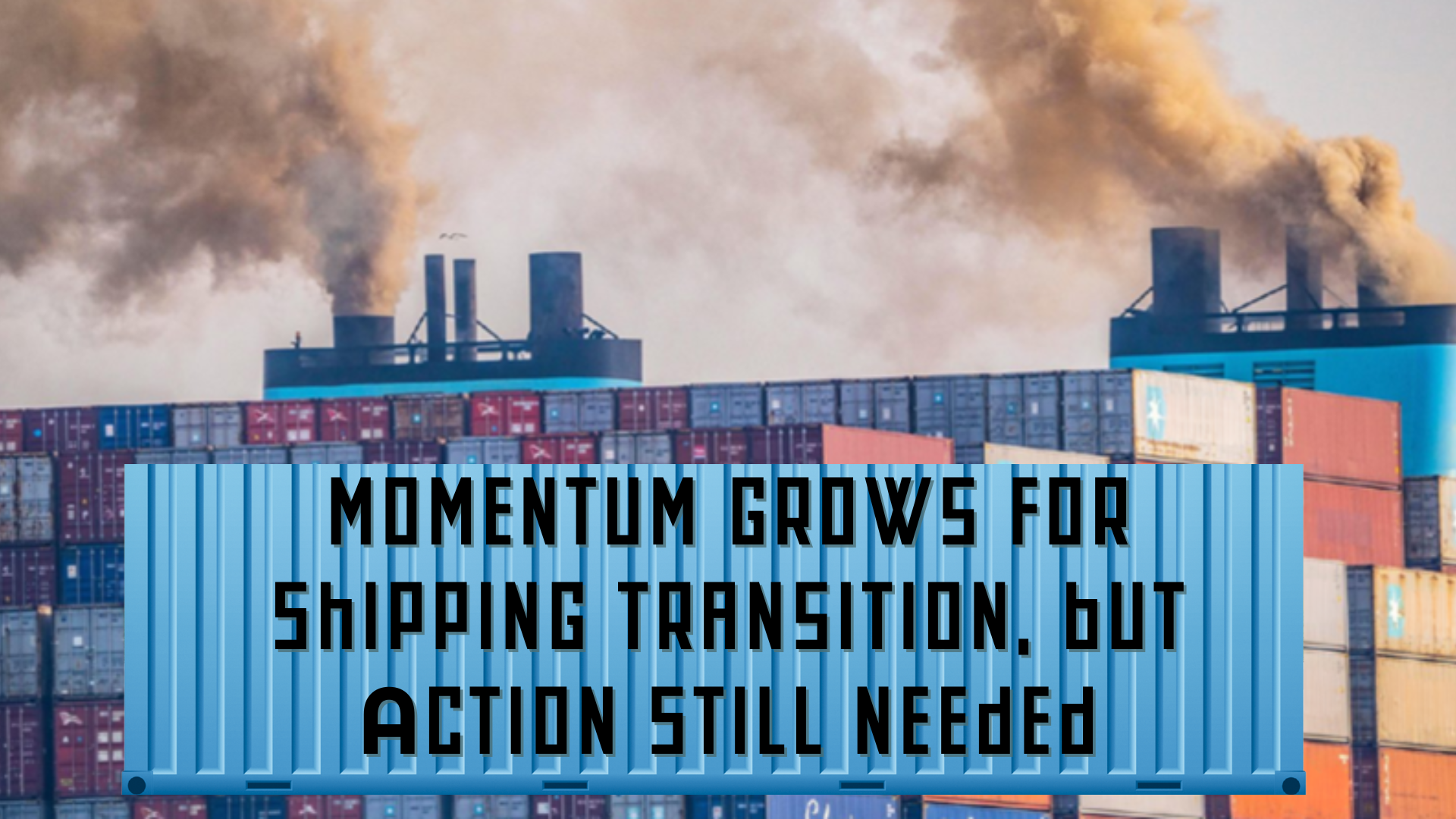Win, Lose, and Dump!
.jpg)
It’s no secret that shipowners seek to win profits from circumventing IMO low sulphur fuel regulations by utilizing hazardous scrubbers on board their vessel. Most shipping companies are recouping their investment within five years of installing the scrubber. While this may represent a financial gain for the private sector, the economic benefit is being earned as a direct result of toxic wastewater being dumped into the ocean by scrubber-equipped vessels. The result is that financial benefits are being enjoyed at the expense of a global loss. Shipowners win. Our oceans lose.
While some countries are taking independent action against scrubber pollution, progress in the fight against ocean toxification remains slow. Sweden has followed Denmark as the latest country to ban the dumping of wastewater from open-loop scrubbers with both countries moving closer to enforcing a total ban in the coming years. “Reducing emissions into the air by moving pollution to the sea is not a sustainable solution,” Andreas Carlson, the country’s minister of infrastructure and housing, said in a statement on the government’s website. Until the bans on polluting the oceans with scrubber waste take effect as of July 1, 2025, shipowners will have a free pass to continue doing harm and dumping toxic waste from scrubber discharge into the ocean.
Additionally, as is the case in most places where bans currently exist or are expected to been acted, the new regulations in Denmark and Sweden will initially apply only to the dumping of wastewater from open-loop scrubbers and not to the use of the scrubbers themselves. A least in the case of Sweden and Denmark, a total ban on the use of closed-loop and hybrid scrubbers will not go into effect until January 2029 in Sweden, followed by Denmark in July 2029. This caveat creates a loophole for shipowners utilizing closed-loop and hybrid scrubbers that can retain the contaminated, carcinogenic pollutants onboard, only to be freely dumped in the unregulated open oceans.
With an estimated 45 tons of acidic scrubber wastewater produced for every ton of fuel burned onboard, it’s no surprise that prior data has shown that between 2014 and 2022, calculations approximated that over €680 million in marine damage has already occurred.
Implementing a universal ban on scrubbers is imperative to halt further oceanic degradation and ensure a fairer playing field, giving our oceans a real chance to finally reap the benefits and gain the win.
- What is scrubber water?Ships pollute Baltic Sea to the tune of €680 million in 8 years, study finds | Euronews
- No Scrubs: Countries and Ports where Restrictions EGCS Discharges apply | NorthStandard
- Sweden follows Denmark and bans discharge of scrubber water (shippingwatch.com)
- Thousands of ships fitted with ‘cheat water treatment devices’ cause ocean pollution and violate emissions regulations | hydrotech
- Sweden Plans Ban on Scrubbers | Ship & Bunker

.png)





.png)

.png)
